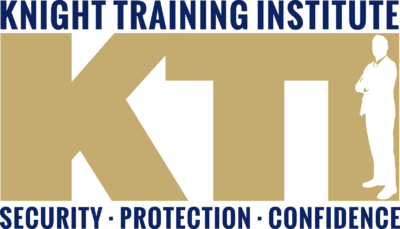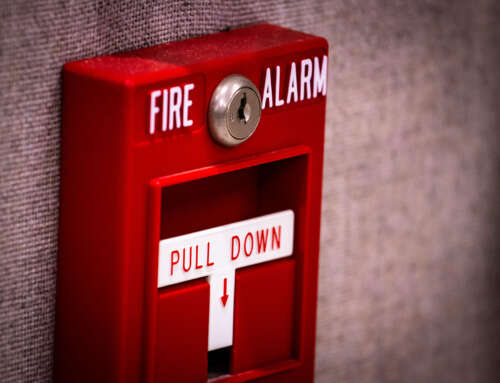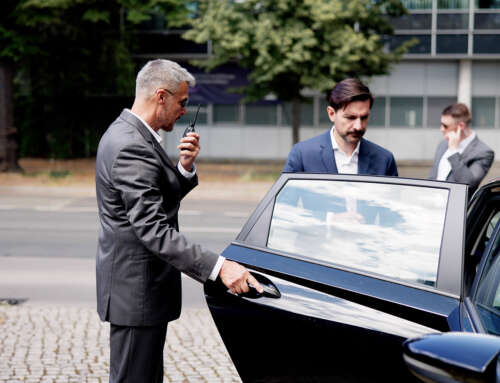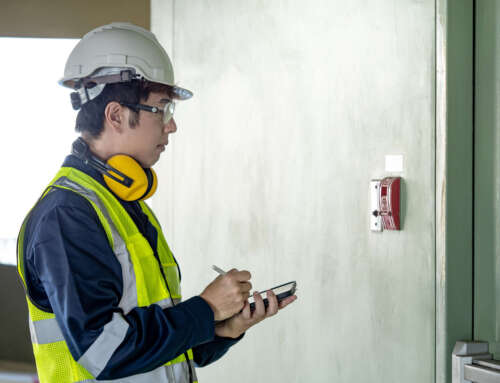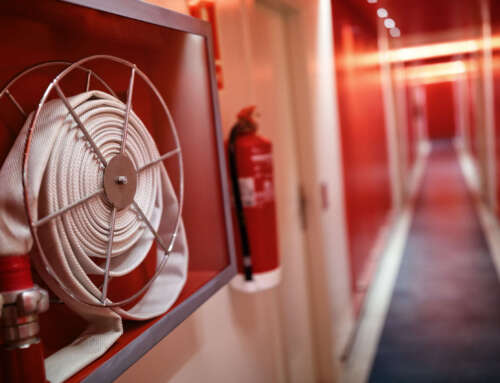An Industry Perspective from KTI Founder Ed Troiano
The rise in anger, cyber threats, workplace violence, street violence, and active shootings has created an unprecedented demand for security professionals. The need for educated well-trained, and high-quality security agents is on the rise. Pay rates have increased, and opportunities in the security field have expanded. However, the education and training of security agents are not keeping pace with today’s demands.
Too often, I encounter individuals with the potential to excel in security roles but who lack the necessary knowledge and training. I have come across many who are more akin to bouncers and bodyguards rather than true security professionals or executive/close protection agents. This is due to a lack of comprehensive education and training opportunities.
You might wonder if there is a significant difference between these roles, and whether there is a genuine need for such distinctions. Most professions require a college degree, and in some cases, a master’s degree. However, in the security field, many individuals lack formal education. While most security courses are brief, they provide the in-depth knowledge essential for this profession.
I do not take offense when someone from outside the security industry refers to me as a bodyguard or bouncer. However, it does bother me when those within the industry use these terms. I am a trained security professional who has invested time, money, and effort into honing my skills. I take my responsibilities seriously, viewing security as my chosen profession and a way to maximize my financial potential.
So, what is the difference between a bouncer and a security professional? Let us break it down:
-
Communication
A security professional always uses an earpiece for effective communication, recognizing its importance in the industry. Bouncers often neglect this crucial tool.
-
Punctuality
Security professionals arrive early, well-prepared, and organized. Bouncers may arrive at the last minute, citing various excuses for their tardiness.
-
Attire
Security professionals wear properly tailored uniforms, while bouncers may disregard dress codes and show up in mismatched attire.
-
Footwear
Bouncers may wear sneakers with their suits, often claiming health issues as a reason. Security professionals prioritize comfort through proper shoes or orthotics.
-
Complacency
Security professionals maintain mental alertness and discipline, avoiding distractions such as cell phones, daydreaming, or leaving their posts. Bouncers are more prone to complacency.
-
Visibility
Executive protection agents prefer staying low-key and inconspicuous, prioritizing the safety of their clients. Bouncers often seek attention and recognition, even posting photos on social media.
-
Training
Security professionals, especially executive protection specialists, undergo formal training and continue to improve their skills. Bouncers typically lack structured training.
-
Preparation
Security professionals prioritize planning, adaptability, and readiness for any situation, no matter how unlikely. Bouncers tend to overlook these aspects.
-
Response to Conflict
Executive protection agents focus on avoiding confrontations and proactively managing risks. Many bodyguards are prepared to use force if necessary.
-
Dress Code
Security professionals understand the importance of dressing appropriately for different situations and maintaining a balance between casual and formal attire.
-
Attention to Detail
A true professional in the security field pays attention to every detail, recognizing that even the smallest oversight can have serious consequences.
-
Avoiding Complacency
Security professionals never become complacent or too comfortable. They remain prepared for the slim chance of a serious incident.
Being a security professional means far more than just being physically present. It involves a commitment to education, training, punctuality, professionalism, and most importantly, ensuring the safety and security of those under your protection.
